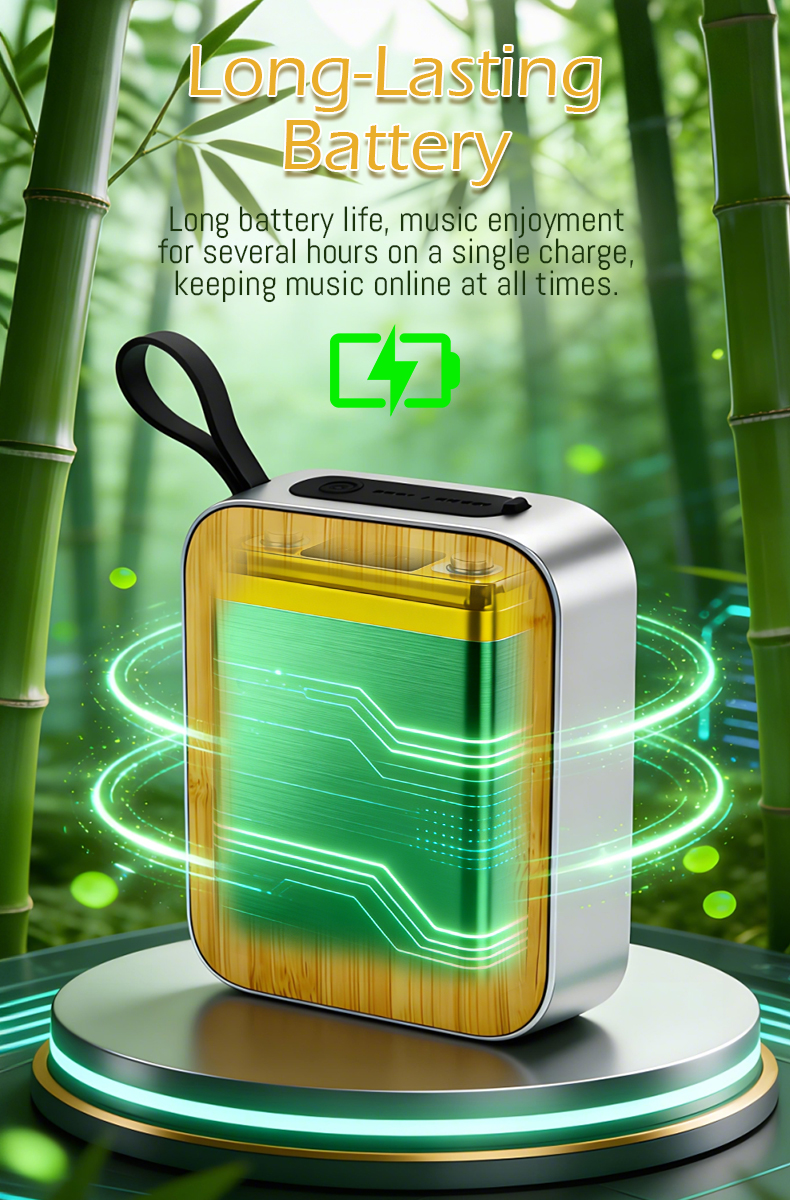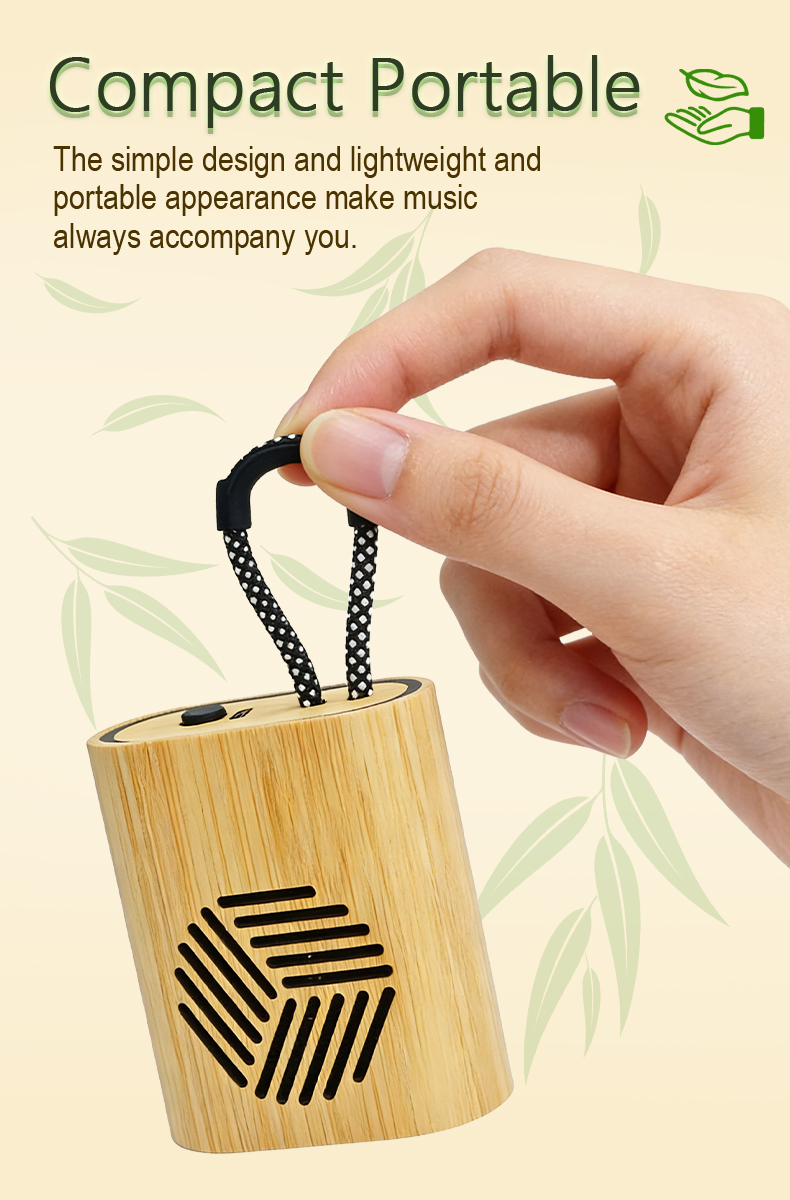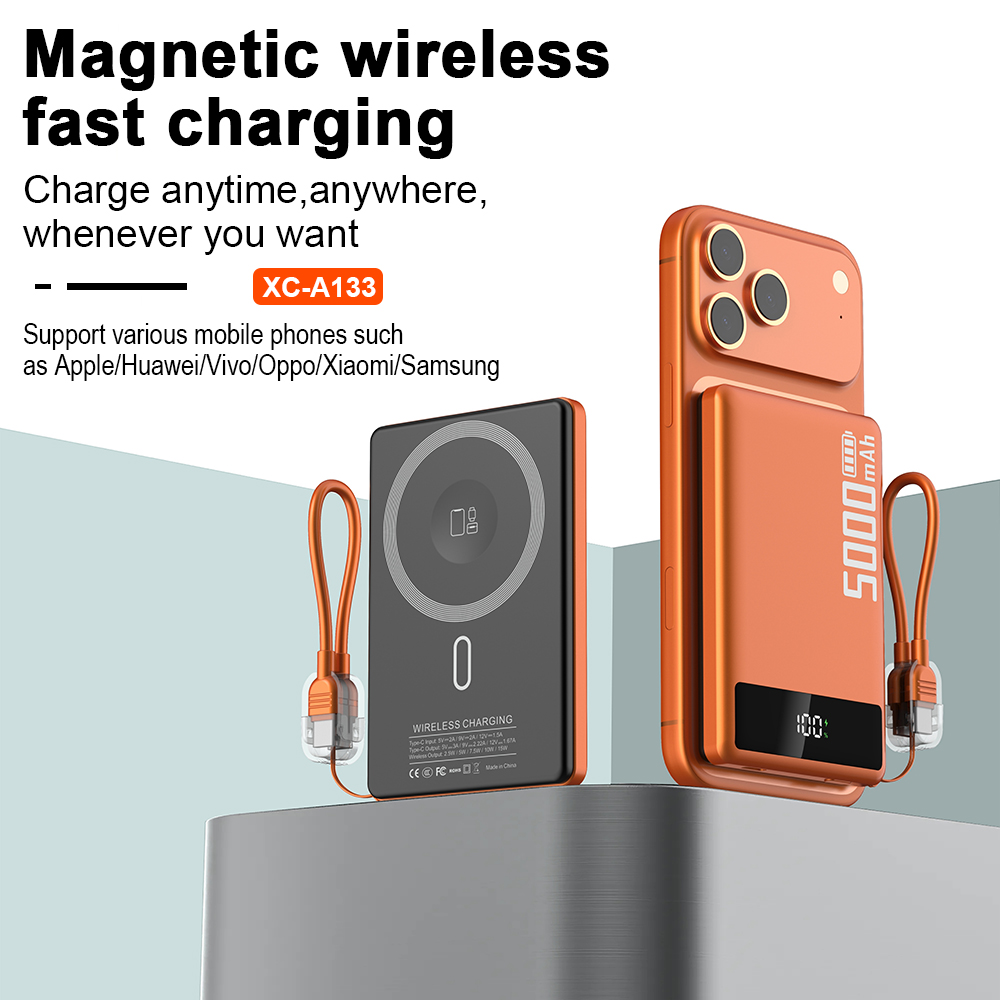The advantages and disadvantages of Bluetooth headsets and purchase advice: let you make a wise choice
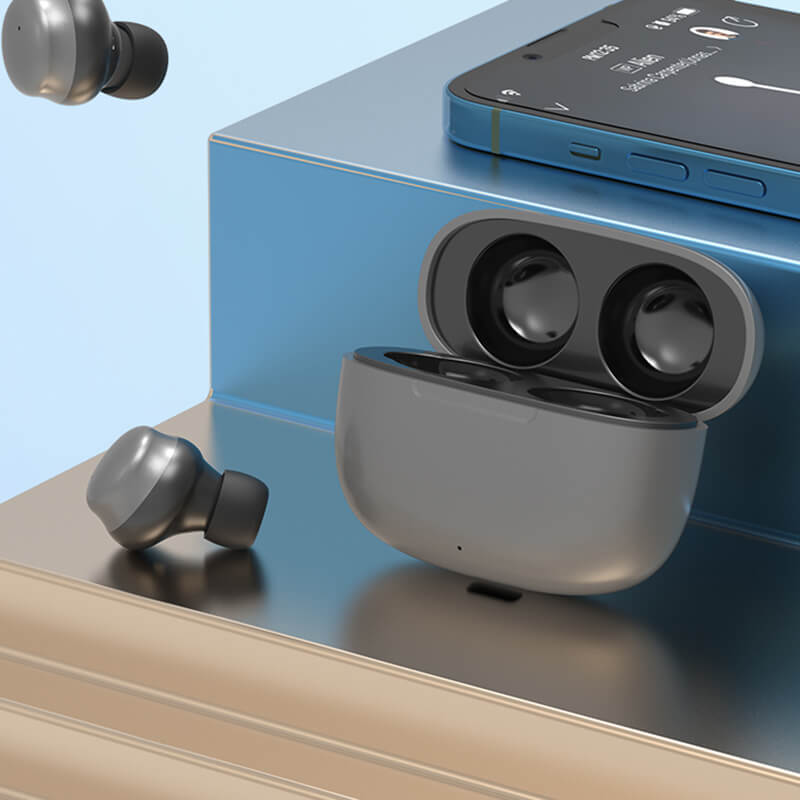
Understanding Bluetooth Headsets: A Comprehensive Review
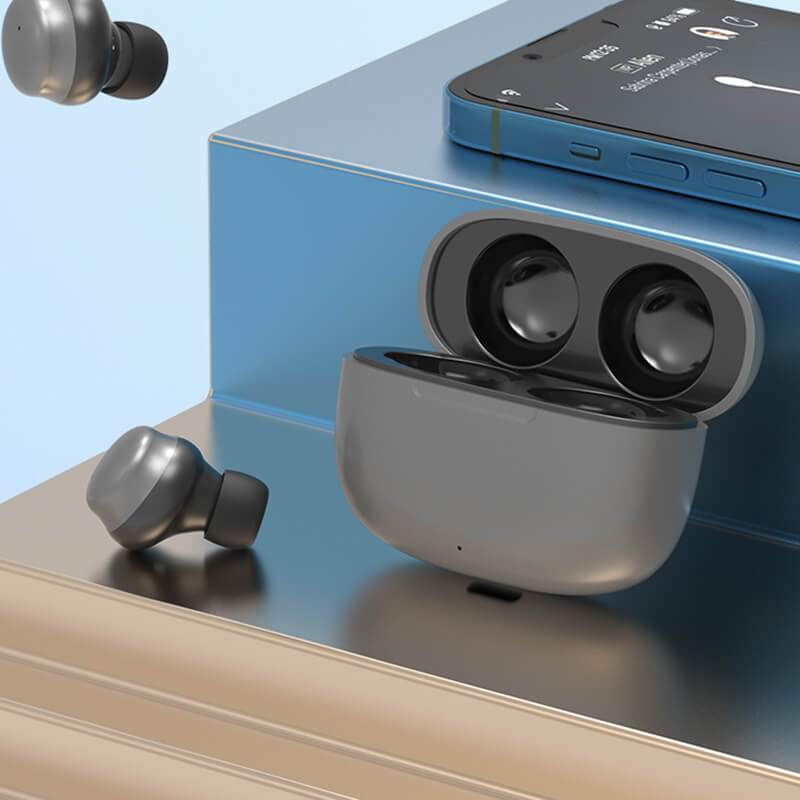
Bluetooth headsets have become increasingly popular in recent years, offering wireless convenience and hands-free communication. In this article, we delve into the advantages and disadvantages of Bluetooth headsets, providing valuable insights to help you make a wise choice.
The Advantages of Bluetooth Headsets
Bluetooth headsets offer numerous advantages that make them a preferred choice for many individuals:
1. Convenience: Bluetooth headsets eliminate the hassle of tangled wires and allow for a more comfortable wearing experience. They offer freedom of movement and are lightweight, making them suitable for active individuals.
2. Hands-free Communication: With Bluetooth headsets, you can answer calls, listen to music, and even navigate through voice commands, all without physically touching your smartphone. This hands-free convenience enhances safety when driving or performing other tasks.
3. Multiple Device Connectivity: Bluetooth headsets can be paired with multiple devices simultaneously, such as smartphones, tablets, and laptops. This flexibility allows you to seamlessly switch between devices without the need for reconfiguration.
4. Noise Cancellation: Many Bluetooth headsets are equipped with noise-canceling technology, which significantly reduces background noise during calls. This feature ensures clearer and more focused communication, especially in noisy environments.
The Disadvantages of Bluetooth Headsets
While Bluetooth headsets offer numerous benefits, it is important to consider their limitations:
1. Battery Life: Bluetooth headsets require regular charging as they run on built-in batteries. Depending on usage, the battery life may vary, and a dead battery can render the headset useless until recharged.
2. Sound Quality: While advancements have been made in audio technology, some Bluetooth headsets may still deliver inferior sound quality compared to wired headphones. Audiophiles or individuals seeking the highest sound fidelity may prefer wired options.
3. Compatibility Issues: Bluetooth technology has evolved over time, with newer versions offering improved features. Older Bluetooth headsets may not be compatible with the latest Bluetooth versions found in newer smartphones and devices.
4. Price: Bluetooth headsets can be more expensive compared to traditional wired headphones. High-quality Bluetooth headsets with advanced features tend to come with a higher price tag.
Purchasing Advice for Bluetooth Headsets
Consider the following factors before making a purchase decision:
1. Usage: Determine how you plan to use the Bluetooth headset. Are you primarily looking for a headset for phone calls or music streaming? Choose a headset that aligns with your specific needs.
2. Battery Life: Check the battery life of the headset. If you frequently use the headset for extended periods, opt for a model with longer battery life to avoid frequent recharging.
3. Comfort and Fit: Look for a headset that offers a secure and comfortable fit, especially if you plan to use it during physical activities. Adjustable earpieces and lightweight designs can enhance comfort levels.
4. Reviews and Ratings: Read customer reviews and ratings to gain insights into the performance, durability, and user experience of different Bluetooth headsets. Consider reputable brands with positive feedback.
Summing up, Bluetooth headsets offer great convenience and hands-free communication, but they also come with limitations such as varying battery life and sound quality. By considering the advantages and disadvantages discussed above, along with the purchasing advice, you can make an informed choice and select a Bluetooth headset that best suits your needs and preferences.


